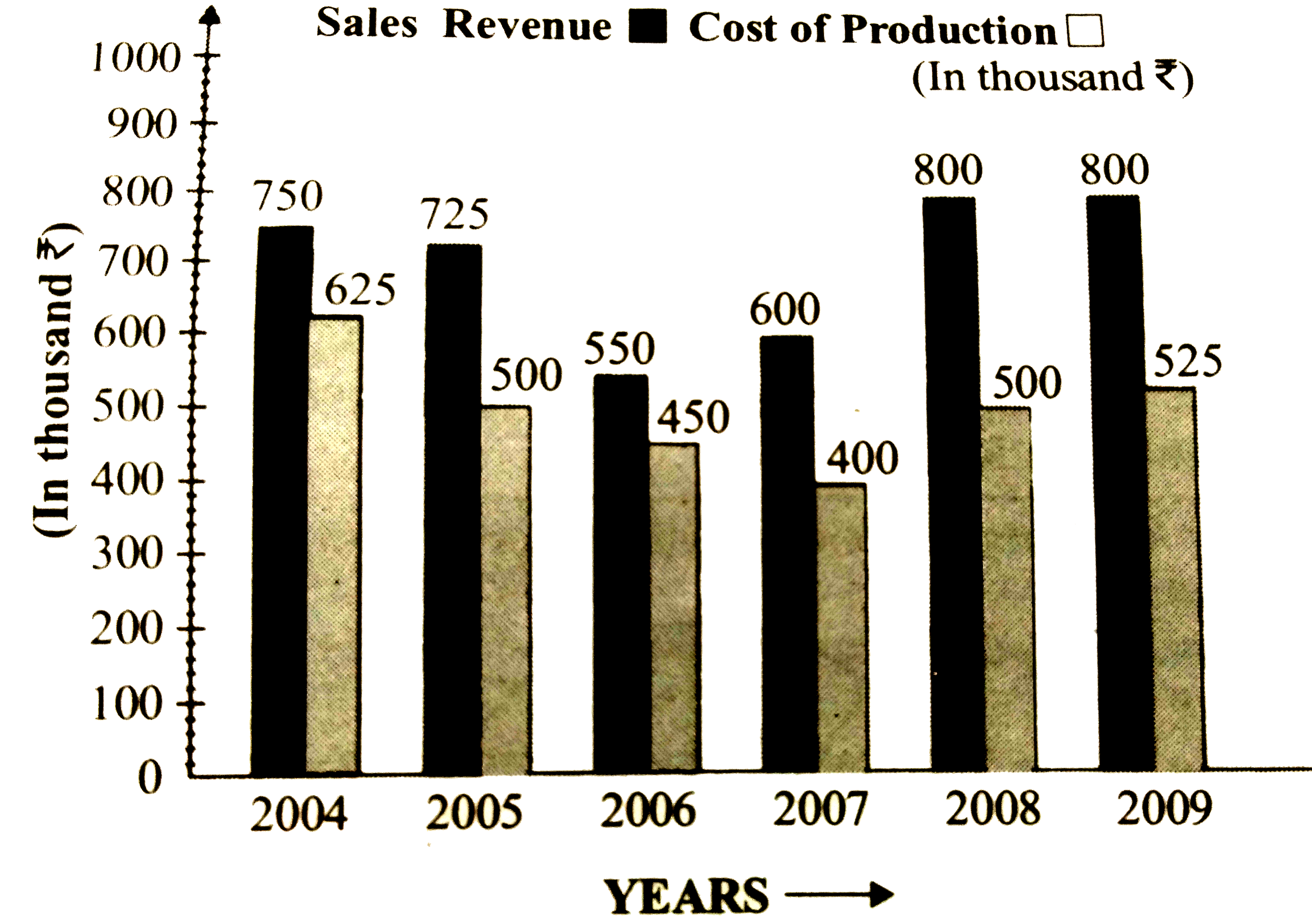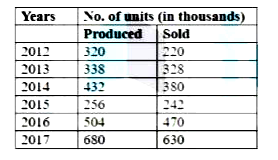End products are generally not produced more than their requirements .
Step-by-Step Solution:
1. Understanding the Concept of End Products:
- In biological systems, end products refer to the final substances produced in a biochemical pathway after a series of enzymatic reactions.
2. Role of Enzymes:
- Enzymes are biological catalysts that facilitate the conversion of substrates into products. The process involves the formation of an enzyme-substrate complex, which then transforms into an enzyme-product complex.
3. Formation of Products:
- When a substrate binds to an enzyme, it forms an enzyme-substrate complex. This complex undergoes a reaction to produce the end product, which is then released, allowing the enzyme to be reused.
4. Regulation of Product Formation:
- The body regulates the production of end products based on its needs. When the required amount of product is formed, it triggers a mechanism to stop further production.
5. Negative Feedback Inhibition:
- This regulation is primarily achieved through a process known as negative feedback inhibition. When the concentration of the end product reaches a certain level, it inhibits the activity of the enzyme involved in its production.
6. Energy Conservation:
- By preventing the overproduction of end products, the body conserves energy. Excess production would lead to unnecessary energy expenditure, which is inefficient.
7. Conclusion:
- Therefore, the statement that "end products are generally not produced more than their requirements" reflects the body's ability to maintain homeostasis and optimize energy use through negative feedback mechanisms.
---
- In biological systems, end products refer to the final substances produced in a biochemical pathway after a series of enzymatic reactions.
- Enzymes are biological catalysts that facilitate the conversion of substrates into products. The process involves the formation of an enzyme-substrate complex, which then transforms into an enzyme-product complex.
- When a substrate binds to an enzyme, it forms an enzyme-substrate complex. This complex undergoes a reaction to produce the end product, which is then released, allowing the enzyme to be reused.
- The body regulates the production of end products based on its needs. When the required amount of product is formed, it triggers a mechanism to stop further production.
- This regulation is primarily achieved through a process known as negative feedback inhibition. When the concentration of the end product reaches a certain level, it inhibits the activity of the enzyme involved in its production.
- By preventing the overproduction of end products, the body conserves energy. Excess production would lead to unnecessary energy expenditure, which is inefficient.
- Therefore, the statement that "end products are generally not produced more than their requirements" reflects the body's ability to maintain homeostasis and optimize energy use through negative feedback mechanisms.
Topper's Solved these Questions
- BIOMOLECULES BOOK - MODERN PUBLICATIONCHAPTER - BIOMOLECULES EXERCISE - COMPETITION FILE (OBJECTIVE TYPE QUESTIONS) (ANALOGY TYPE QUESTIONS )
10 Videos
- BIOMOLECULES BOOK - MODERN PUBLICATIONCHAPTER - BIOMOLECULES EXERCISE - COMPETITION FILE (OBJECTIVE TYPE QUESTIONS) (ADDITIONAL MULTIPLE CHOICE QUESTIONS )
20 Videos
- BIOMOLECULES BOOK - MODERN PUBLICATIONCHAPTER - BIOMOLECULES EXERCISE - COMPETITION FILE (OBJECTIVE TYPE QUESTIONS) (ASSERTION TYPE QUESTIONS :)
17 Videos
- BIOLOGICAL CLASSIFICATIONBOOK - MODERN PUBLICATIONCHAPTER - BIOLOGICAL CLASSIFICATIONEXERCISE - CHAPTER PRACTICE TEST
16 Videos
- BODY FLUIDS AND CIRCULATION BOOK - MODERN PUBLICATIONCHAPTER - BODY FLUIDS AND CIRCULATION EXERCISE - Chapter Practice Test
15 Videos
Similar Questions
Knowledge Check
(A) Tertiary carbocations are generally formed more easily than primary carbocations.
(R) Hyperconjugation as well as inductive effect due to additional alkyl groups stabilize tertiary cabocations.AIf both assertion and reason are correct and reason is crect explanation for assertionBIf both assertion and reason are correct but reason is not cottect explanation for assertionCIf reason is correct but assertion is incorrectDIf both assertion and reason are incorrectWhen a spore mother cell produces more than 4 spores, it refers to:
APolyspermyBPolysporyCPolygamyDPolyembryonyA single gene product may produce more than one effect was studied through
AShapdragonBDrosophilaCStarch synthesis in peaDDihybrid cross

In how many years the cost of production is more than the average cost of production of the given years ?
View SolutionThe actual production of Ac machines in April was that percentage more than the average target production of AC machines over five months?
View SolutionThe reactor in which the number of fissionable nuclides produced are more than the used it called
View SolutionThe following table presents the number of units of a product produced and sold by a company during six years.

The number of units of the product sold in 2016 is approximately what percent more than the average production of the units in 2012 to 2016 ?
View SolutionProduct of sexual reproduction generally generates
View Solution
